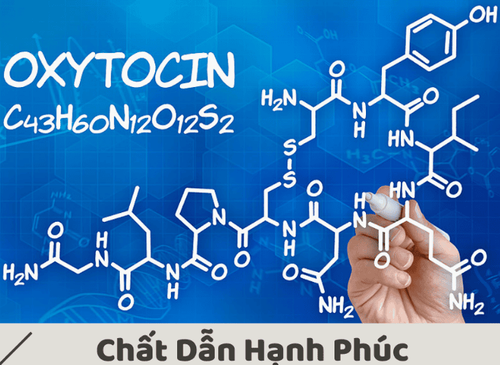Thyroid function is not solely dependent on the thyroid gland itself but is also influenced by the pituitary gland, which produces thyroid-stimulating hormone (TSH). Therefore, when diagnosing thyroid disorders, most cases require a combination of multiple tests to provide a comprehensive evaluation of thyroid function and related hormonal activity.
1. Purpose of Thyroid Hormone Testing
The thyroid gland produces two main hormones: thyroxine (T4) and triiodothyronine (T3). The levels of T4 and T3 secreted by the thyroid gland are regulated by the pituitary hormone TSH. To determine thyroid disorders, it is necessary to perform a thyroid function test that includes: TSH, fT4 (Free Thyroxine), fT3 (Free Triiodothyronine).
The purpose of conducting thyroid hormone tests, along with other related tests, is to diagnose whether the thyroid gland is functioning normally. These tests are also crucial in diagnosing thyroid disorders and identifying the causes of these abnormalities, enabling timely consultation and treatment.

2. Normal Levels of TSH, T3, and T4
TSH, produced by the pituitary gland, signals the thyroid to release hormones. If the pituitary gland detects a low level of thyroid hormones in the blood, it will produce more TSH to stimulate the thyroid to secrete more hormones. Conversely, if the pituitary gland detects excess thyroid hormones, it will decrease TSH production, leading to reduced thyroid hormone secretion.
TSH testing is often combined with free T4 (FT4) or occasionally free T3 (FT3) tests to diagnose thyroid dysfunction, monitor thyroid hormone replacement therapy in hypothyroid patients, or assess the effectiveness of hyperthyroidism treatment. It can also sometimes be used to evaluate pituitary gland function.
Triiodothyronine (T3) is a thyroid hormone primarily responsible for mediating thyroid hormone effects on various target organs. Most T3 is produced outside the thyroid gland, especially in the liver, through the 5'-deiodination of T4 by specific enzymes. Therefore, serum T3 levels are a better reflection of peripheral tissue function rather than thyroid gland secretion capability.
Thyroid hormone thyroxine (T4) plays a crucial role in the thyroid feedback loop and significantly impacts the body's overall metabolism. Free thyroxine (fT4) is biologically active. Measuring free T4 levels is crucial for routine diagnosis and monitoring thyroid treatment.
Normal Biological Values:
- Normal TSH levels: 0.4–5 mIU/L (milli-international units per liter).
- Normal T3 levels (in adults): 1.3–3.1 nmol/L or 0.8–2.0 ng/mL. T3 levels often align with T4 levels, but in conditions like T3-toxicosis, T3 may be high while T4 stays normal.
- Normal FT4 levels (in adults): 12–22 pmol/L (0.93–1.7 ng/dL). If the patient is not using any thyroid medications, this test serves as a benchmark for evaluating thyroid function. Certain medications can alter T4 levels, such as anticonvulsants, cardiovascular drugs, or aspirin.
When a person has hypothyroidism and the thyroid gland is underperforming, TSH levels may be elevated even if T3 and T4 levels remain normal. TSH increases when circulating thyroid hormone levels are low, indicating reduced pituitary function.
In conclusion, the thyroid gland is a vital organ that releases hormones essential for the body's metabolic processes. Despite its small size, the thyroid plays a significant role and is susceptible to bacterial or viral infections, leading to inflammation and health complications.
In reality, Thyroid disorders frequently go undiagnosed, affecting up to 60% of patients. This lack of early diagnosis hampers effective treatment, with many individuals discovering the disease at advanced stages, facing severe complications. Hence, individuals should educate themselves about thyroid disorders to implement effective preventive measures and ensure safe disease screening.

Please dial HOTLINE for more information or register for an appointment HERE. Download MyVinmec app to make appointments faster and to manage your bookings easily.












